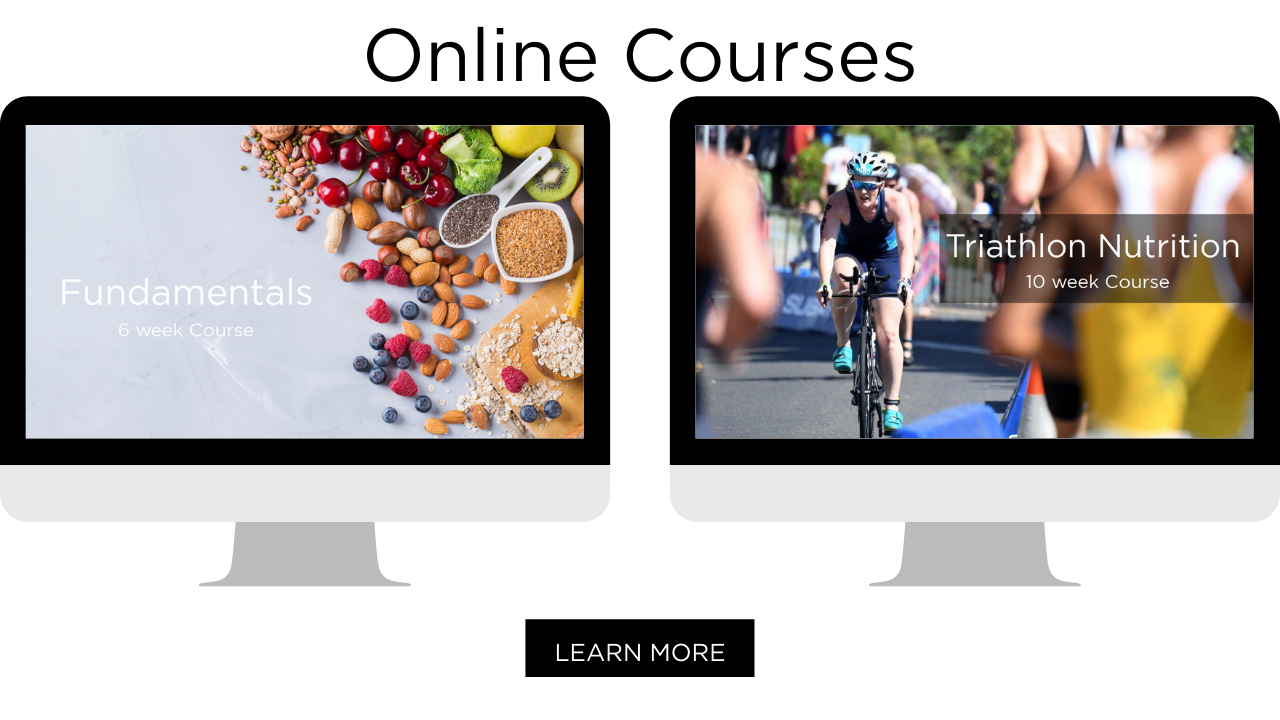Why you shouldn’t go past the humble potato

I’m not sure when it happened, but somewhere along the line, the potato has become a forbidden food, while sweet potato joins the “superfood” ranks. The poor potato has been given the flick in preference for the miracle starchy vegetable, but how does the humble potato stack up nutritionally?
Let’s take a look!

Energy (kJ/kcal)
Media claims tout sweet potato as the secret switch for weight loss, yet when you compare energy contents, a serve of sweet potato provides 36% more kilojoules than potato. Sweet potato is more energy-dense at the same quantity so keep this in mind if you’re trying to manage your energy intake.
Carbohydrate
Both potato and sweet potato are starchy veggies, providing carbohydrate in our diet. Sweet potato is slightly more carbohydrate-dense compared to potato. Per 100g, sweet potato contains 15g of carbohydrate, compared to 12g of carbohydrate in potatoes. Compare that to the same portion of white rice though, you’re looking at 36g of carbohydrate. Take your pick depending on what your goals and fuel needs are.
Protein
Sweet potato has the upper hand in the protein department. It contains twice the amount of protein per serve compared to potato (2g vs. 1g). Keep in mind though, we’re not talking a significant amount of protein here. For sweet potato to provide a good hit of protein, you’d have to eat 1kg!
Fibre
Potato contains only two thirds the amount fibre found in sweet potato, although not incredibly high at just over 3g per 100g serve. Fibre helps to make you feel fuller for longer with recommended daily intake guidelines of 30g/day. These are relatively small values, to begin with so no points can be given to either team this round.
Glycaemic Index
The Glycaemic Index (GI) of sweet potato can be considered a winner over the potato, at 40 and 60 respectively. The lower GI, the slower, more sustained release of glucose into the bloodstream. While sweet potato has a lower GI than potato, 60 is not much higher than the low-GI rank of 55 or less. If you’re looking for a low GI potato, try the Carisma variety from Coles which naturally has a low GI.
Nutrients
Both potatoes and sweet potatoes provide a range of nutrients. Potato contains higher amounts of folate, potassium and phosphate compared to sweet potatoes. While the sweet potato provides higher amounts of calcium, vitamin C, Beta-Carotene and Niacin.
So what’s the verdict?
When looking at the sweet potato versus potato, there’s no real clear winner, much to the disappointment of the media hype. However, when comparing potato to white rice, Mr Potato Head comes out on top as the more nutrient-dense option, while providing far less kilojoules and carbohydrates.
Potatoes, sweet potatoes and rice, they’re all good and should be included in a balanced diet. More often than not, the way they’re prepared and eaten makes all the difference. Avoid boiling your veggies because this breaks down the cell walls, leaching their quality nutrients into the boiling water which you then throw out! Both sweet potato and potato are great steamed (with minimal water), mashed, roasted and grilled. If roasting in the oven, season generously with herbs and spices, using a good quality oil such as extra virgin olive oil to bump up the nutrients even further.
Bottom line: Don’t get caught up by the media whirlwind. There’s no need to be afraid of the humble potato
If you need help with your nutrition, here's how you can work with me 1 on 1.
If you're looking for a more cost-effective option, here's how you can get started NOW with one of my online courses
Tags: Dietitian Approved, Brisbane Dietitian, Dietitian Brisbane, food facts, healthy eating, potato, Sports Dietitian Brisbane, sweet potato, trust your dietitian, Evidence-Based Nutrition, Trust the Experts

Join the Dietitian Approved Crew!
Join our exclusive Dietitian Approved Crew Facebook group. A positive and supportive community of like-minded athletes in the pursuit of health and performance.
Get access to healthy recipes, evidence-based tips and ideas from us PLUS hot deals and discounts reserved only for our community.



